I love Jonathan Cook’s writings.
He is a truly great writer and analyst. He has also graciously assented to my cross posting his articles on this newsletter— but I have realized it’s probably better for him— and you also— if I respond to his articles in my usual errant way.
Read his article We're just rearranging the deck chairs on the Titanic— here. There is a lot in this article. Subscribe to his site and support him please.
His most recent article is on Libya— a superb analysis.
I also encourage you to read this article on the environment by my friends at Media Lens—the two David’s, write a lot about media malfeasance and advise me on Vedic philosophy, One of my more esoteric interests.
Both Cook and the two Davids got me thinking about Japan and my experience here.
Can’t get up from your deck chair?
As Cook says, we are truly just rearranging the deck chairs on the Titanic –while the people below us on the lower decks drown. When the time comes, we have our lifeboats— just not enough of them.
From my vantage point here in Japan, I feel this strongly. Maybe because I can’t afford it.
The peculiar nature of what I have done here over the years to make money means that I have done a lot of work for the environment agency and various corporations involved in so-called “environmental initiatives”. I have also worked on submissions by the Japanese Foreign Ministry to the UN and other bodies on the environment, with such great ideas as spreading natto on the desert to green the sand.
Sounds like a joke, but surprisingly, it’s an innovative idea. The stuff does retain moisture does retain moisture, and Japan has a surplus. And studies show that it works.
The only problem might be the smell!
Studies or not, the idea was never implemented.
I should mention I also work for the Tokyo government doing PR on environmental issues.
Here too, there are people with some good ideas and intentions and creativity—just not anybody like that in positions of authority.
In Japan, as elsewhere, good ideas are not allowed to interfere with profit which defies the laws of gravity by flowing upwards. There is trickle-down but that’s a kind of economic incontinence.
And smart people here, as elsewhere, are often looked upon with suspicion, as somehow subversive. This is a very mercantilist society— in which the new samurai are accountants. The pen is mightier than the sword.
Green may be a buzzword here now—, but really just a buzzword. In any case, As Cook notes environmental technology is not a panacea. It requires energy and involves its own environmental issues.
Japanese neo-capitalism
As far as I can see, some of these issues can be dealt with— but not under a neo-capitalist system which prioritizes short-term profit for a few—the ones with the deck chairs and the lifeboats.
Only the Chinese seem to be aware of the need to mandate corporate responsibility – while maintaining the economic growth necessary to make changes in the public interest.
The Chinese think long-term—perhaps because of their extensive history. And it is the People’s Republic.
20 years ago when I was in China, the air in Beijing and Shanghai was like the proverbial soup. More recently, it's not that different from Tokyo where I live. Breathable—unlike in the 70s when I came here. In those days taking a walk was to risk black lung disease.
Ironically, pollution here In Shinjuku is usually blamed on China— and black no longer— ellow dust carried by the wind, from the Gobi Desert—which means northern China, Mongolia and Kazakhstan
But the Japanese aren’t too good at local geography. If your Car Nav doesn’t show it, it doesn’t exist.
And— anyway— they just hate the Chinese— perhaps because China and Korea are where they came from far back in history. And who are the Kazahks anyway?
When in doubt blame the Chinese!
That’s of course an American thing too. Sinophobia is trending in the US and Europe.
But a long-standing tradition in Japan for historical reasons.
The Imperial Family’s tombs will therefore never be opened lest they show evidence of this, contradicting national mythologies about some distinctively Japanese form of immaculate conception.
The original Japanese were the Jomon and Yayoi peoples —aka the Ainu. Their origins are debated, but the Ainu resemble Siberians physically and culturally, much more than look like the Japanese— who think that real Japanese are supposed to look like this:
White skin, big round blue eyes— you get the idea.
Definitely not THIS!
Long-standing animosity or not—China is Japan’s largest trading partner. In the end, with the collapse of the American Empire and climate issues, the Japanese will have to put aside their prejudices.
Corporate vampirism
As I have indicated, environmental initiatives in Japan are less initiatives than ritual, like taking off your shoes before entering the house with socks unwashed for three weeks. The government bows to business. Business bows to government. Ordinary people bow to everyone.
Profit can be an incentive for improvement. The trouble is that improvement of human life is too often not the goal – just profit—which inevitably means trouble in the long-term.
Profit is to capitalism as blood is to vampires. In either case, someone suffers Although it may take a bit of time.
The Fukushima disaster had its roots in the 70s, when the Japanese had to clean black soot out of their noses every day. Things changed when big companies—resurrected zaibatsu—realized that a lot of money could be made in building nuclear power plants and switching to LNG and oil. The government was throwing money at infrastructure.
In the case of nuclear power there were problems— seismic faults all over the place and constant earthquakes. But the so-called Iron Triangle of government, business and bureaucracy— which has ruled Japan since the late 19th century, despite what some people think. had Japanese law changed to make it okay build on top of tectonic fault lines.
Progress? Or just profit?
This happened all over Japan including in places like Fukushima where the reactor was built using American rather than safer Canadian technology.
I also worked for the nuclear power companies and the ministries in charge helping produce informational documentaries for the US and Europe. So, I had to do a lot of research and I had access to a lot of information that most people don’t.
As part of my work, I asked an engineer why the Fukushima plant was not stressed for a major earthquake or had a wall high enough to prevent flooding in the case of a really big tsunami, despite the fact that both had been predicted. He shrugged and said "money".
“They won’t listen”, he said.
So, Fukushima happened. There was death and destruction, soaring cancer rates.
But the Japanese will now build more nuclear power plants – of course not taking advantage of the recent Chinese advances in this field, which ensure safer operation. Japan must buy American technology. It’s modern Japanese tradition! Even if the stuff doesn’t work.
For the major companies, there is still much more money to be made in constructing and maintaining conventional nuclear power plants. There is simply not enough money to be made in exploiting the country’s enormous resources of geothermal energy—the world’s third largest.
Japanese companies talk incessantly about “sustainability”. By that they mean sustained cash flow.
Remember that the next time you go for sushi. The garnish is tritium.
The forest and the trees
Can’t see the forest for the trees?
If you are Japanese, you have no idea what a forest is. Except maybe from a movie.
In America, not seeing the forest is not because of the trees—we don’t have so many of those anymore—what with the forests being cut down or burning up. In the cities, row housing leaves little room for trees. In the suburbs, you can’t see the forest for the lawns.
There are still national forests. They come with their own problems.
In any case, the interests of logging and mining companies come before those of the public. And if you try to protect trees, you're an ecoterrorist.
I suppose that makes me sound like I’m against capitalism. I don’t think capitalism in and of itself is the problem— at least not the whole problem—although predatory (by definition psychopathic) capitalism is an economic disease.
The real problem is the public and their version of the Titanic’s deck chairs— couches in front of the TV, where kids can learn about a world that doesn’t exist. We have power but we don’t use it. And we are many.
We need to look outside and beyond. And act!
Sadly, the Japanese are just as bad as the Americans who they seek to imitate.
Most of Japan lives in huge cities like I do.
Although a major earthquake destroying much of Tokyo has been predicted for a long time, and Japan has the most advanced anti-seismic technology in the world, all those small houses and little apartment buildings like mine are not protected.
An earthquake proof building, which may or may not be really earthquake proof—just as the Titanic was supposed to be unsinkable—is really really expensive.
In Japan, as elsewhere, you have money, you are protected. Or at least you can think you are.
In Jonathan Cook’s terms, affluence means a deck chair on the main deck close to the lifeboats. Otherwise, you’re in steerage—with me.
The rich get richer— and the world gets less safe.
The inevitable
All due to social inertia.
The Japanese tell me that it has always been that way.
That disaster is inevitable, like death. That there is no escape. Just beer or sake at the end of the day.
Don’t think about Doom! Campai!
In the case of Japan as in the rest of the world, change is inevitable, however.
Japan has not only the world’s oldest population, but arguably also its lowest birth rate. Population decline in Japan is accelerating, now close to a million a year. Strict immigration policies mean a much smaller Japan in the future.
A smaller population can be good or bad, depending on many factors.
One question, however, is why it is happening. It is of course a worldwide phenomenon, which just happens to be worse in Japan, in my opinion, is mostly a result of shifts in cultural values as a result of neoliberalism and partly also environmental factors that affect fertility.
The Japanese Ministry of Health, for whom I also worked, has been concern for many years about the influence of environmental pollutants such as micro plastics and pseudo hormones. Their primary concern has been of course low sperm counts in Japanese men, but these factors also affect women.
One official told me over a glass of beer —with sushi, of course, “shoganai”, which means literally “no ginger”—can’t be helped—something you just have to accept.
Until of course you can’t.
That’s when the ship starts to sink. And you are struggling in the water. Who will help the Japanese?
Probably, only the Chinese. As Jonathan Cookpoints out in his most recent article on Libya, the Americans are very good at destroying countries—and very bad at helping them rebuild.
Notes from the zoo
When I worked at the zoo, I had free access to the dolphin pools where I would often go in the evening after the zoo was nominally closed. Dolphins always look like they’re smiling. But they’re not. They are designed to swim freely and form communities in their own way. They get lonely and frustrated just like people do.
How do I know? Because they told me.
Dolphins talk to you if you talk to them. Which means you have to learn to whistle. Obviously, your whistles are baby talk to them. But they know you’re trying. And they whistle back.
So, I knew they were lonely just like I was— and they were my friends.
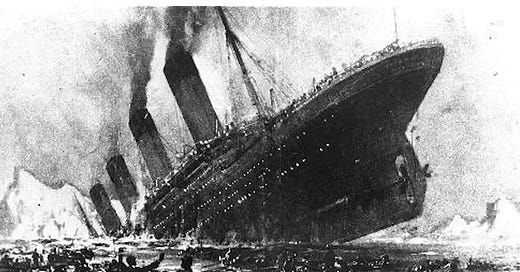




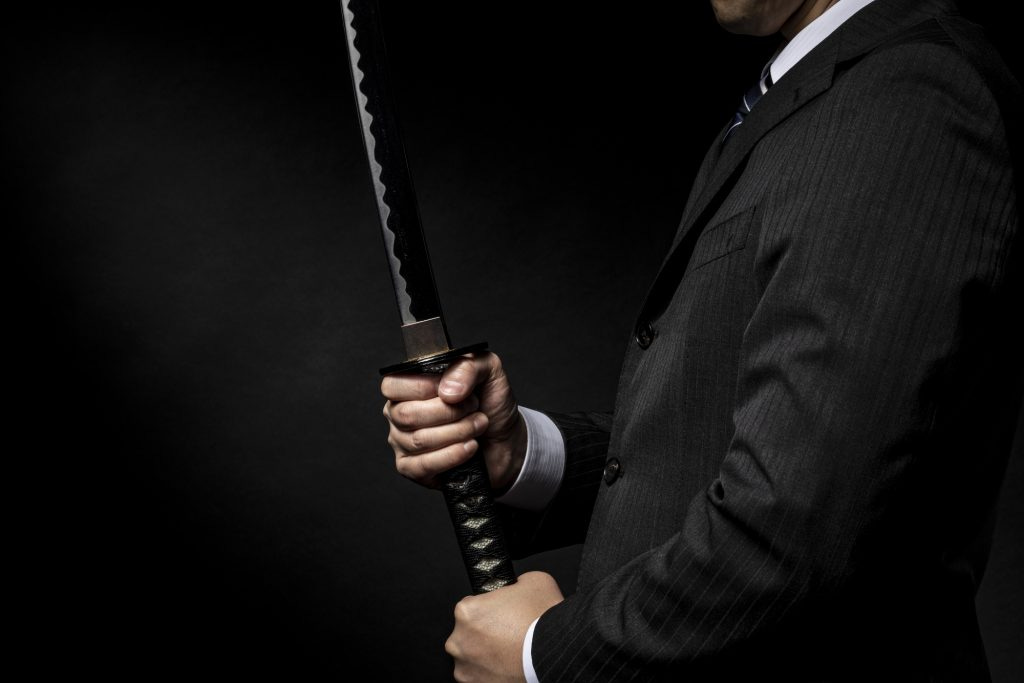
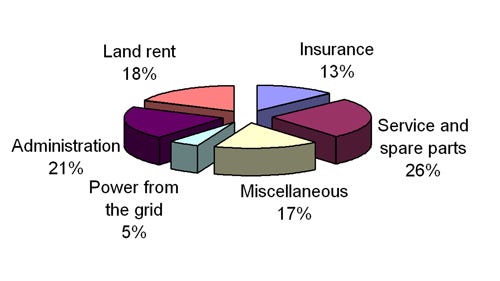
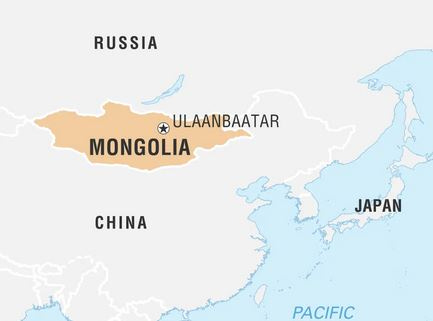
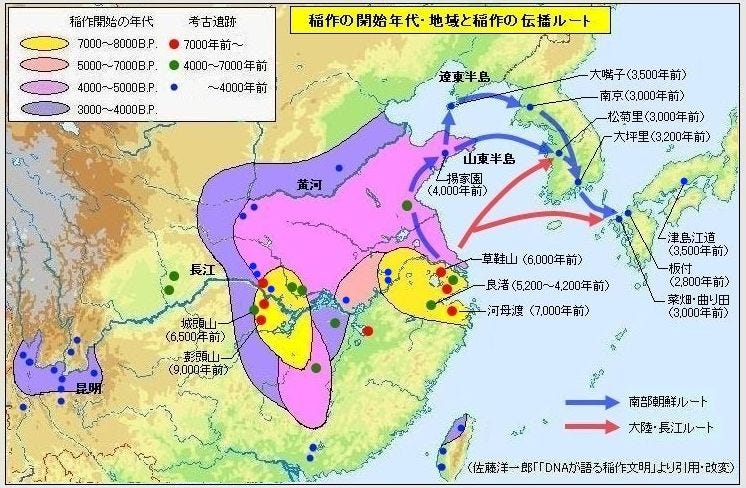
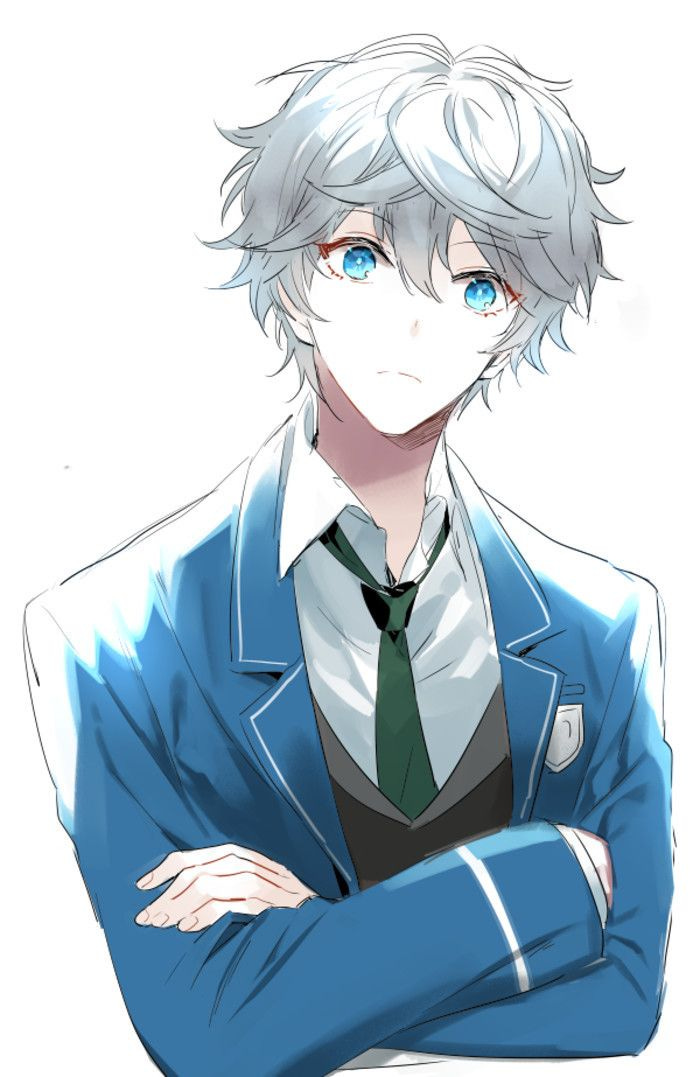
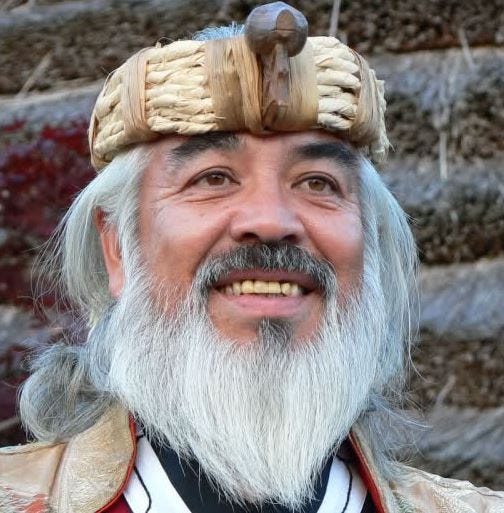
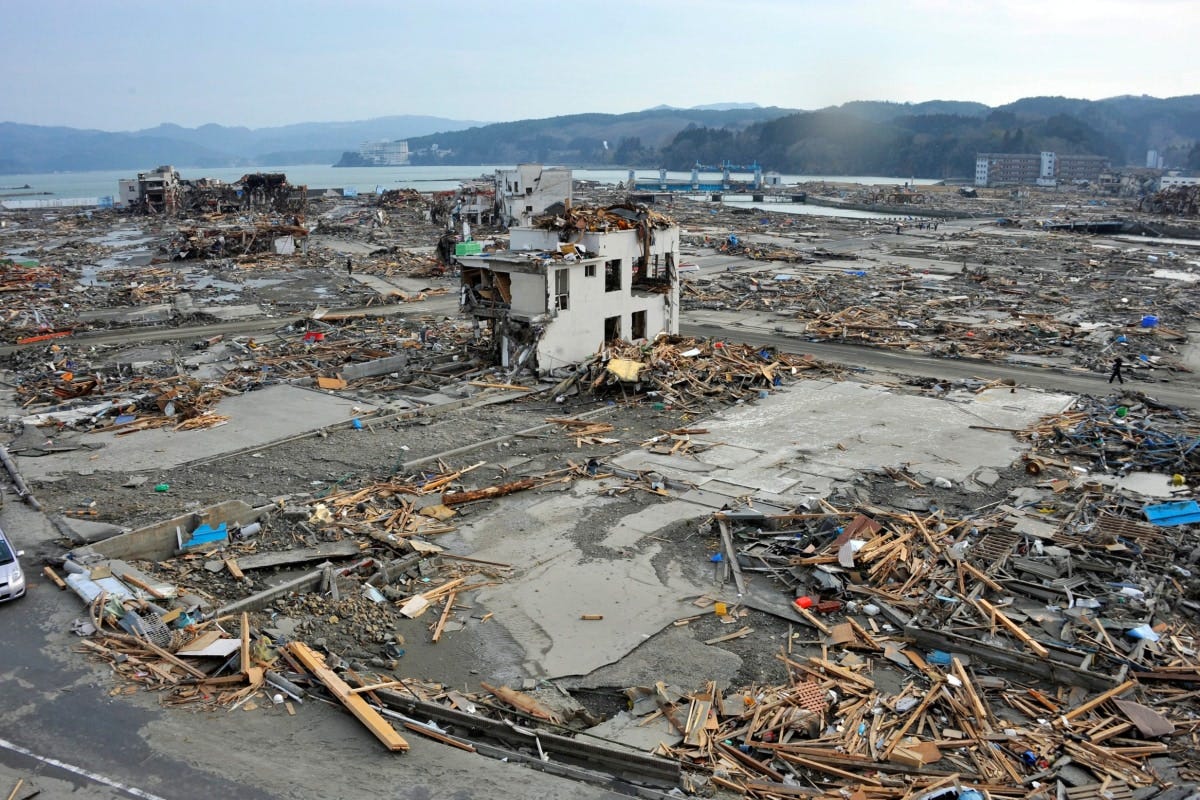
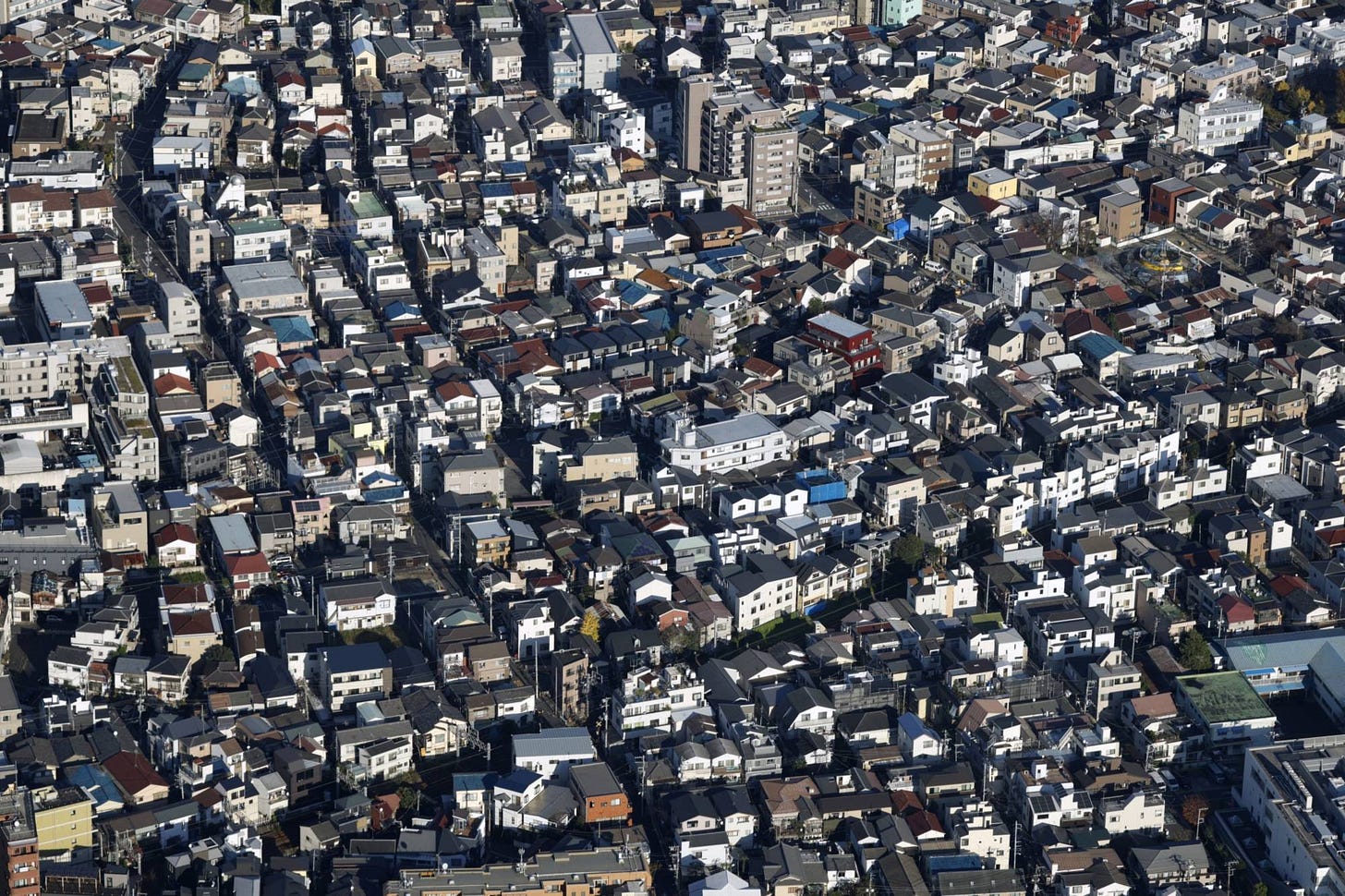
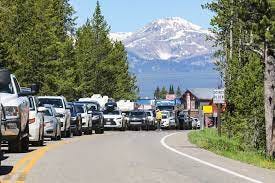

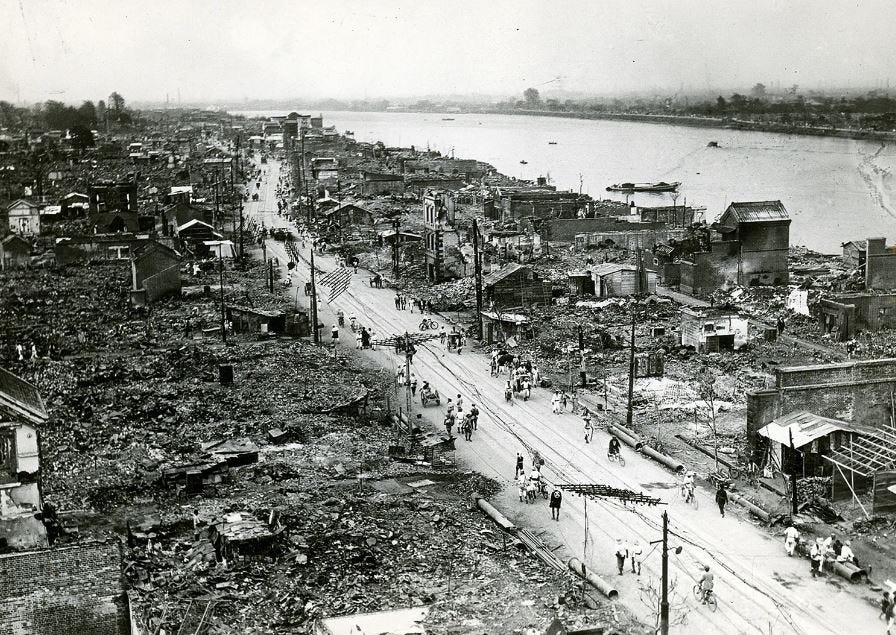
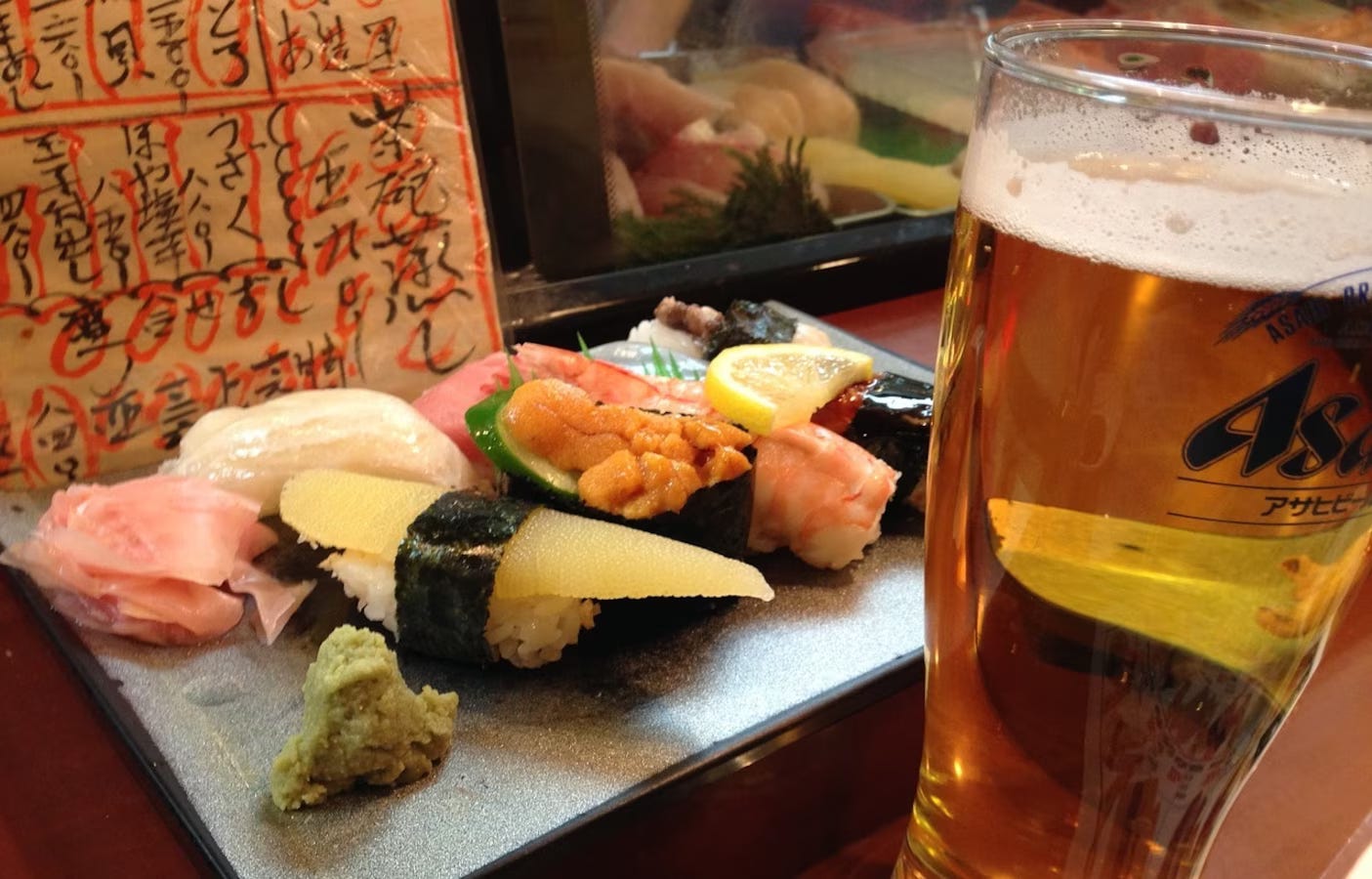
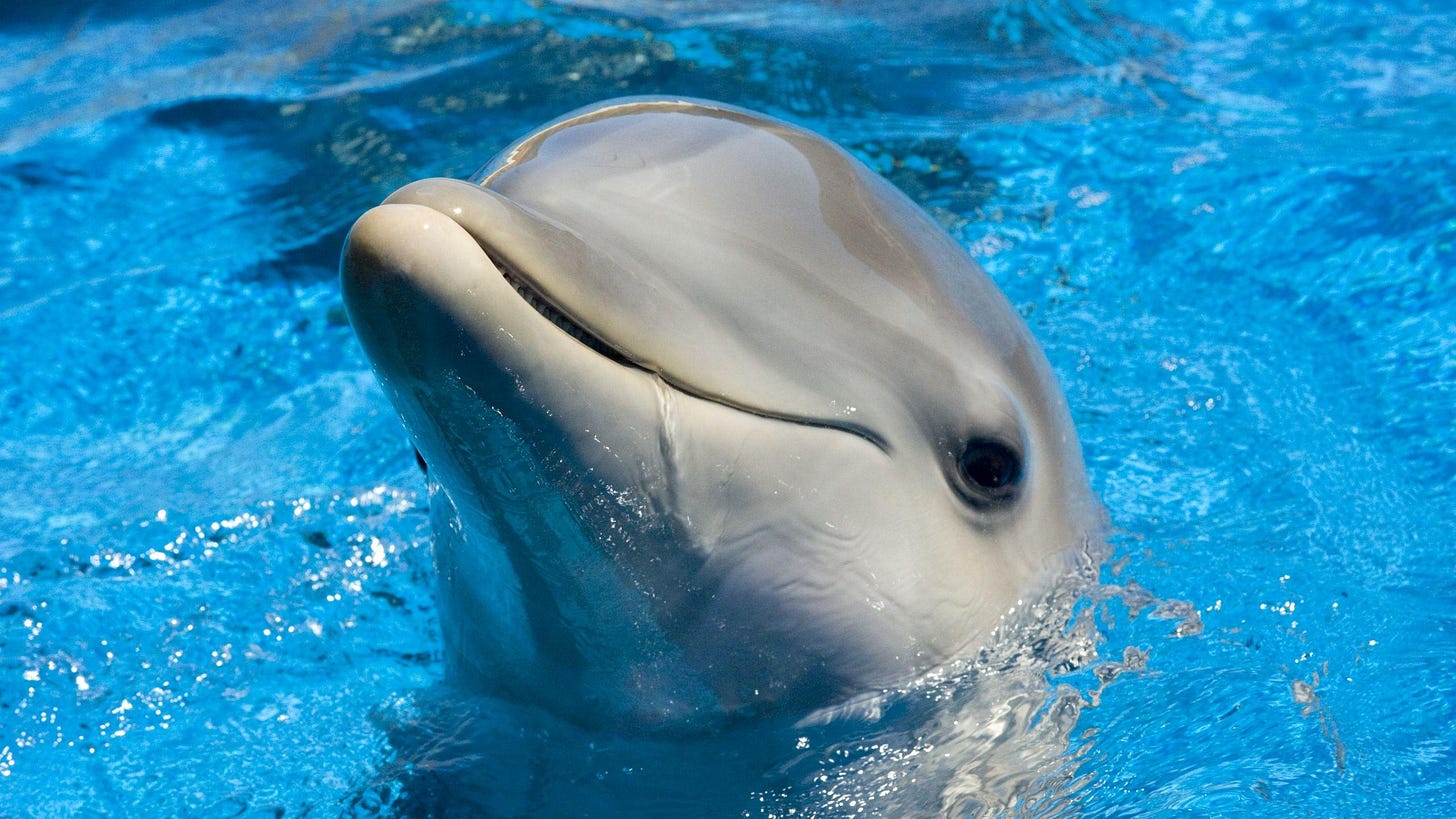
There is a civilizational crisis here. The western religion of Profits over everything is destroying the ecology that supports life as we know it and depleting natural resources, destroying our ability to maintain civilization as we know it. Profit politics is destroying our ability to change our fundamental civilization as we know it into a life-sustaining civilization.
That is all.
The whole tragedy of Japan is that it's been Americanized. That the so-called elite who hold the reins of power are no longer Japanese in essence, but American. This is also Europe's tragedy. Humanity's worst catastrophe since the dawn of time was the emergence of the American nation at the end of the 18th century. The United States is the plague and cholera of world history.